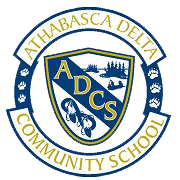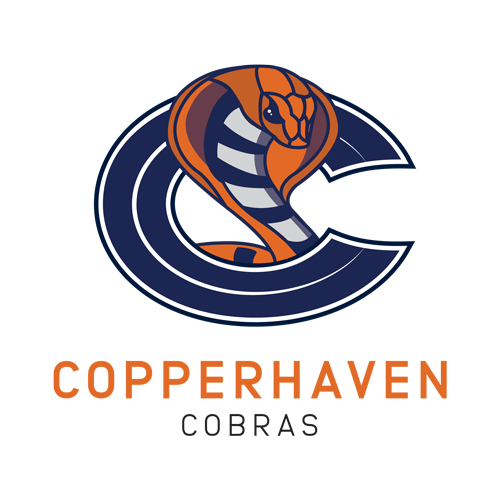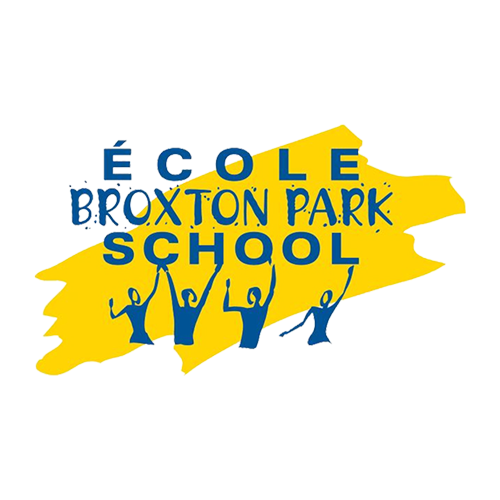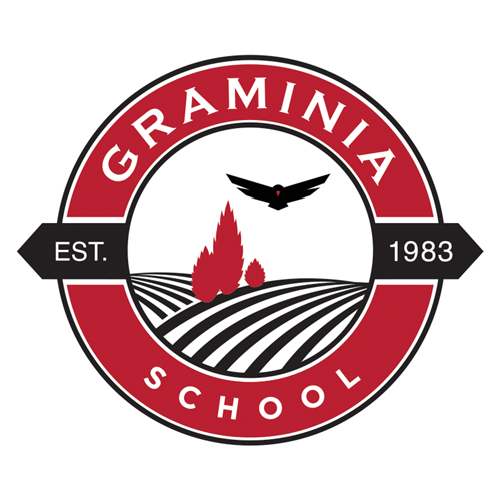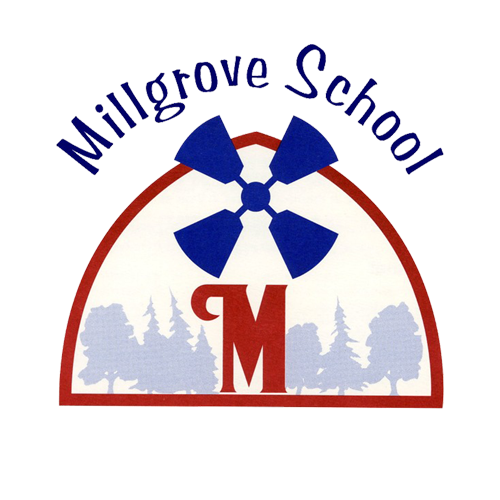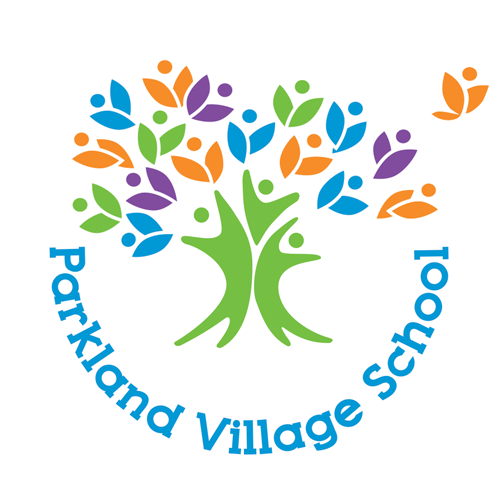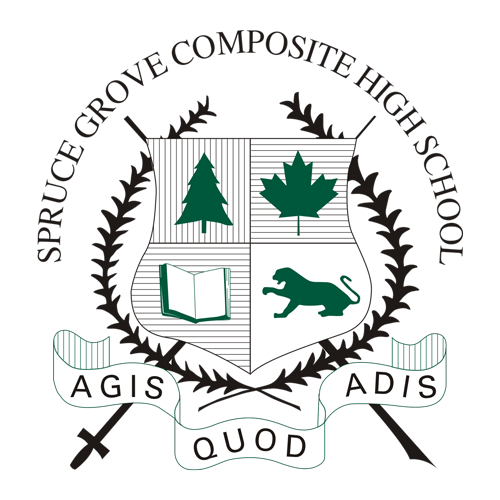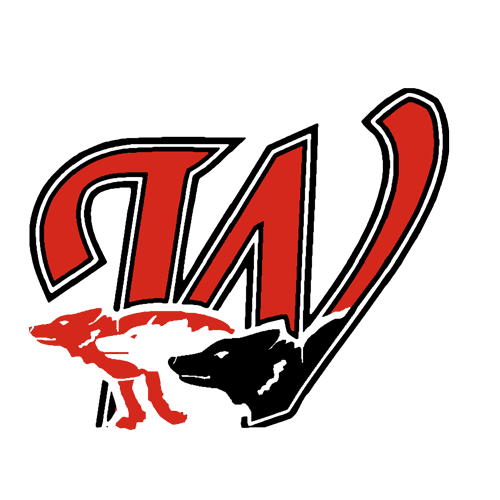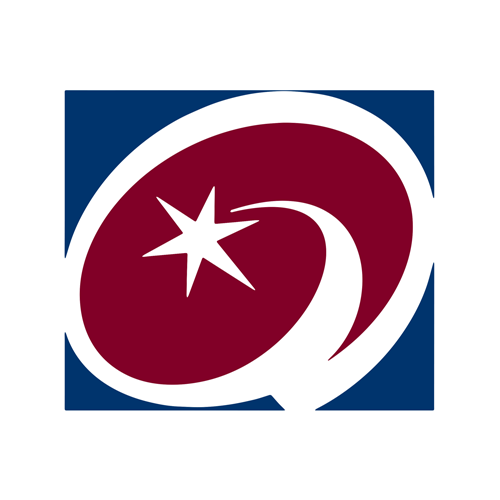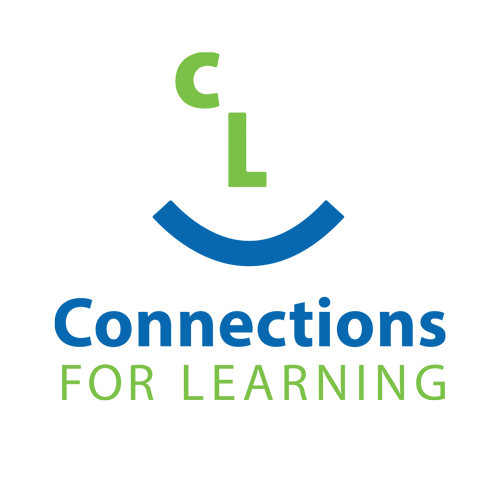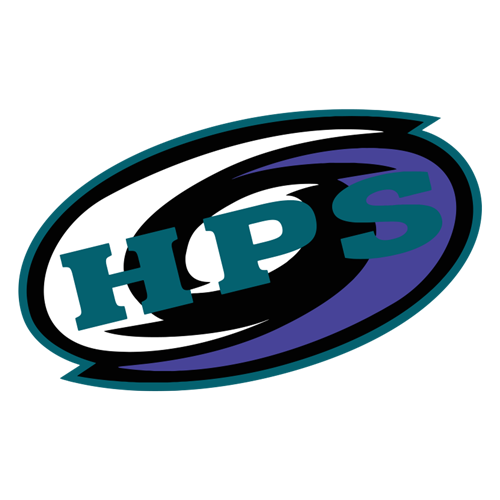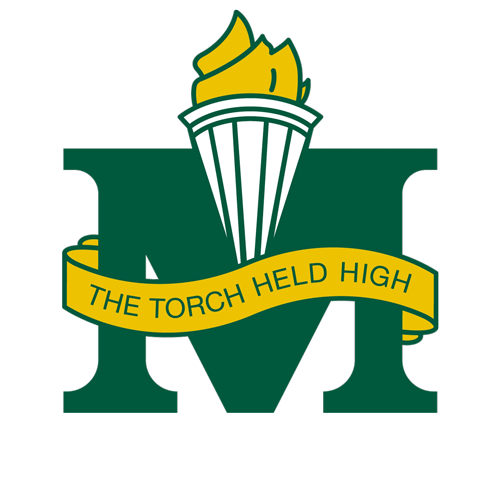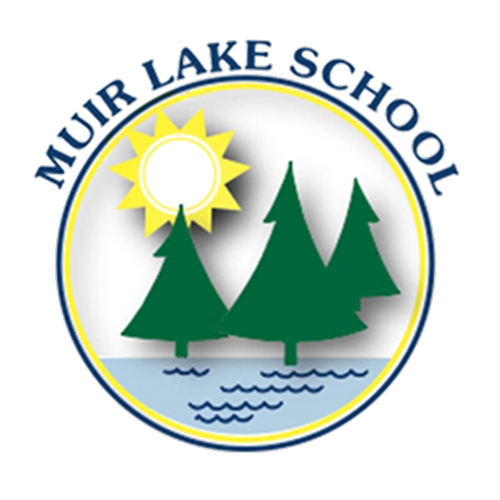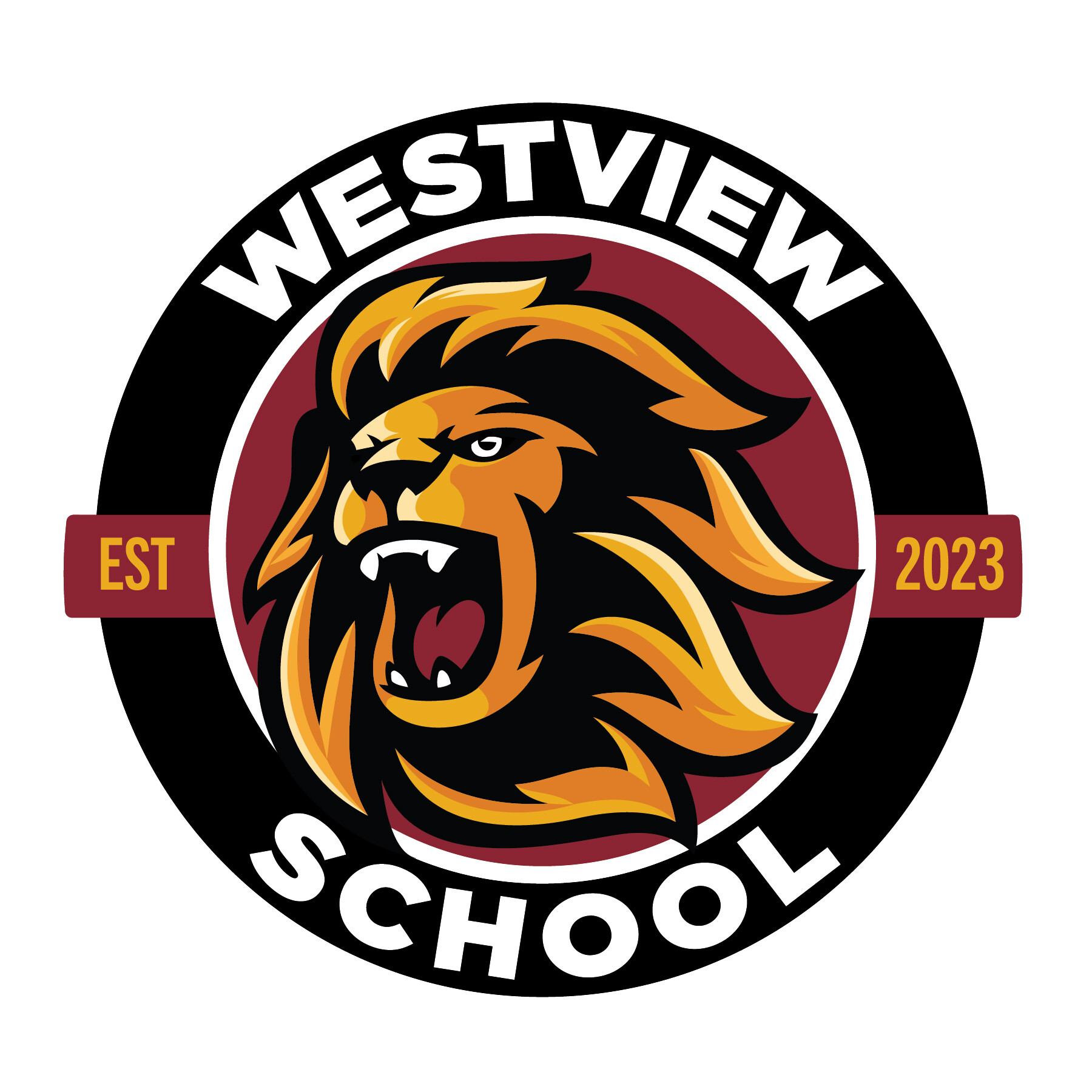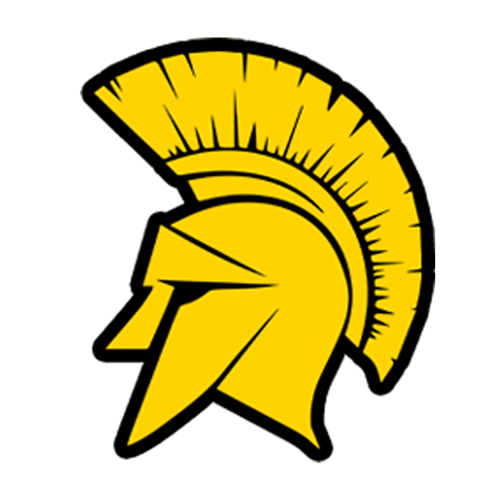AP 640: Social Media
Communication & Technology
Background
The Superintendent demonstrates the belief that the Division’s staff, students, parents and extended community shall appropriately utilize social media in any aspect that is regarding the Division, in full alignment with the Vision, Mission, Goals and Priorities of the Division.
Part of learning is adapting to the changing methods of communication. Engaging in digital environments can promote learning, teaching and collaboration for students, staff and parents. The very nature of social media introduces potential lack of personal control of content and dissemination of content. Due care and attention is required to safeguard privacy.
Social media includes web-based and mobile technologies that turn communication into interactive dialogue. Some examples include but are not limited to: personal websites, microblogs, blogs, wikis, podcasts, digital images and video and other social media technologies.
Procedures
1. All social media users shall be considered to be personally responsible for the content/information they choose to publish online; notably:
1.1. Parkland School Division employees are personally responsible for all comments/information they publish to the public in any format online;
1.2. Staff shall remain vigilantly mindful that what is published may be public for a long time—and therefore govern their actions accordingly; and
1.3. Before posting personal photographs, thought should be given as to how the images reflect on a staff member’s demonstrated sense of professionalism.
2. Direct comments, published with respect to a school and or the school division, shall always meet the highest standards of professional discretion;
2.1. When posting, even on the strictest of private domains, staff should act on the assumption that all postings are in the public domain.
3. Staff, students and parents shall be immediately notified with regard to postings deemed disrespectful or harmful to the Division and shall be appropriately warned that slanderous, libelous or defamatory material may warrant an exploration by the Division for legal action.
4. Online behaviour shall adhere to the principles of Digital Citizenship and reflect the same standards of honesty, respect and consideration used when meeting face to face.
5. Photographs shall respect every persons’ right to privacy and reflect appropriate content for the educational purpose.
6. Social media, utilized for educational purposes, shall be considered an extension of the classroom: what is inappropriate in the classroom or workplace is also deemed inappropriate online.
7. “Friending” current students or parents on Facebook is strongly discouraged.
7.1. Utilizing Facebook Groups or Fan Pages is a more appropriate way to connect with students in this space without having to ‘friend’ them.
8. Employees are to act on the assumption that all social media postings, whether personal or professional, are in the public domain.
9. Employees are responsible for moderating all content published on all social media technologies related to classroom work.
10. Employees shall refrain from posting any comment that could be deemed unprofessional.
11. All users shall respect federal copyright and fair use guidelines as identified in AP 560 - Copyright.
12. No identifying information about students shall be posted; for example, last names, addresses or phone numbers are not to appear on social media sites:
12.1. Teachers are responsible for monitoring electronically posted material that may identify students within the content of the material the students directly create, or for the content within the material for which they are directly responsible (classroom generated content); and
12.2. Posting of confidential or personal student information as defined in the Freedom of Information and Protection of Privacy Act is prohibited.
13. Social media accounts that are created by staff members for the sole purpose in their role within the Division (i.e., class twitter accounts, class Facebook pages, class blogs) shall not be used for personal matters.
14. Upon the Principal’s request, login information with written consent to access a schoolbased account shall be given to the Principal or the Supervisor.
15. Comments made using Twitter are public and are visible to those who do not have Twitter accounts in most cases, therefore Employees shall be aware of the public and widespread nature and ensure that they are not posting any items that would be deemed inappropriate.
With respect to Digital Citizenship
16. Digital Citizenship shall be defined as the generally accepted behaviour of responsible citizenship carried over to online environments and can be said to include, but not limited to, the following:
16.1. Respect of others by refraining from sharing information about them without their knowledge or consent;
16.2. Respect of others by refraining from actions that are malicious or harmful to them;
16.3. Respect of self and others by refraining from using profane or abusive language;
16.4. Respect of self and others by refraining from posting or storing any content that contains sexual, racial, religious, or ethnic slurs, any other form of abuse, or that contain threatening or otherwise offensive language or pictures;
16.5. Protection of one’s own personal information from unknown or non-understood online environments, agencies or individuals;
16.6. Protection of online financial transactions through use with known agencies, and only then via secure means;
16.7. Respect of intellectual property rights and copyright;
16.8. Respect for law, whether Federal, Provincial, Municipal or other statute;
16.9. Respect for the laws or rules of any other state, international agency or organization with whom digital interaction occurs;
16.10. Respect for established Codes of Conduct;
16.11. Access to only those resources, either inside or outside of the Division’s network, to which an individual is appropriately authorized to do so;
16.12. Respect of others by refraining from sending files or messages designed to disrupt other computer systems or networks; and
16.13. Respect for digital security by ensuring the safety of one’s passwords.
Approved:

